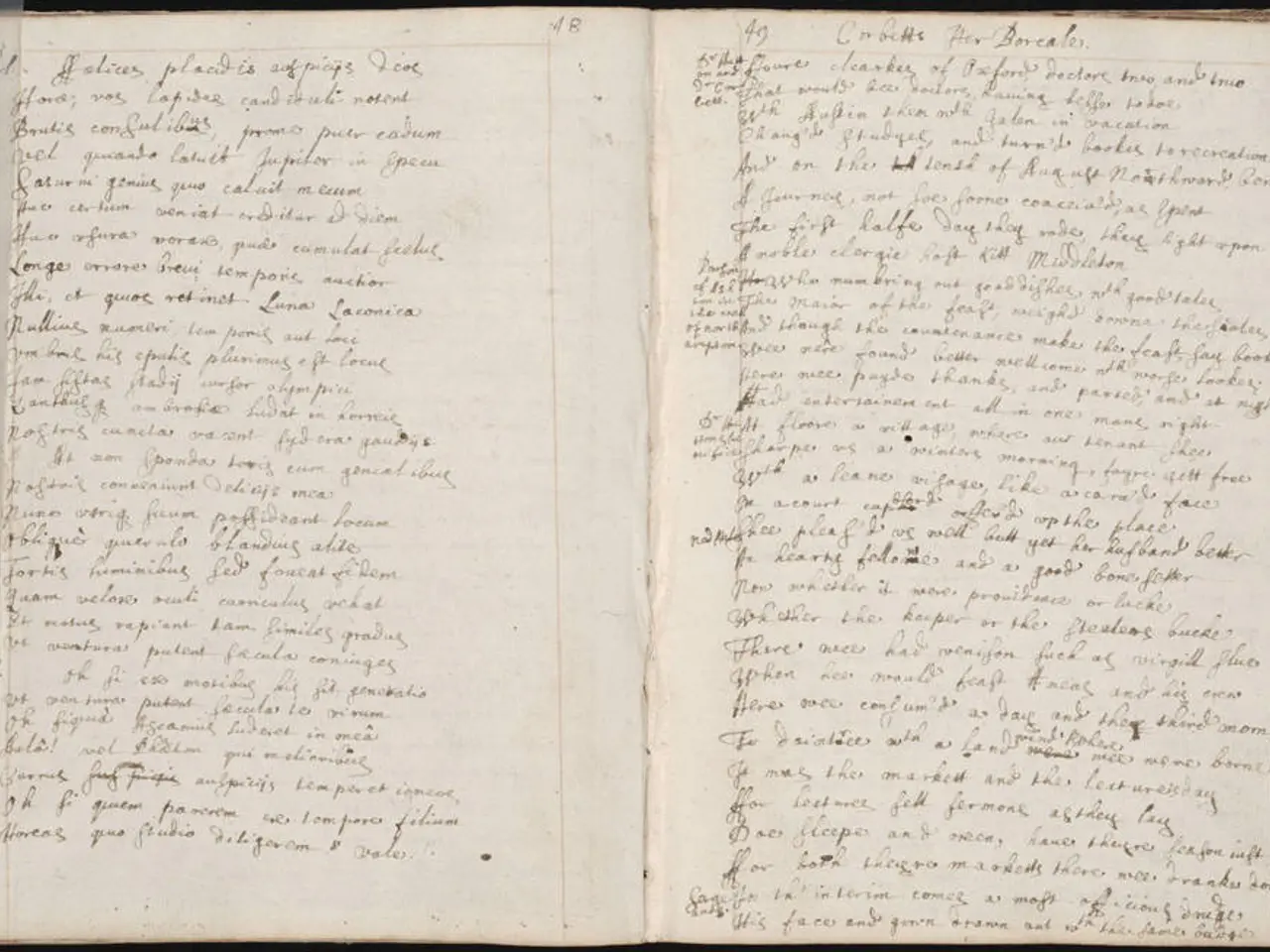Struggling to Complete Individual Assignments? Strategies for a Final Sprint
In July, Joe "Stringbean" McConaughy embarked on a record-breaking self-supported hike of the Appalachian Trail. His journey, completed in just 45 days, offers valuable insights for those facing time-sensitive research projects.
Initially, McConaughy planned to average 50 miles per day and complete the 2,181-mile trek in 43 days. However, on day 43, he still had 151.5 miles to go and under 70 hours to beat the record. In a similar situation, a writer finding themselves with a research paper due in four days might feel the pressure.
McConaughy's approach to the challenge can serve as a guide for efficient project completion.
Preparation and Planning
McConaughy carefully planned his route, pace, and gear to carry as little as possible but only what was essential. This principle of choosing "that little with care" maximized efficiency and reduced burdens. Similarly, planning your research scope carefully and clearly defining objectives can focus efforts.
Time Management and Efficiency
Maintaining a disciplined schedule was crucial for McConaughy. He pushed a consistent, fast pace to cover great distances daily. This highlights the importance of setting daily goals and adhering to them strictly. In a research project, breaking the project into manageable daily goals can make the task seem less daunting.
Mental Endurance and Adaptability
McConaughy endured physical and mental challenges, accepting that hardship is part of the process. His ability to persist despite difficulty is crucial for research under pressure. Nobody should let the perfect be the enemy of the good when it comes to writing. In such situations, it's essential to stay mentally resilient and adapt methods when obstacles arise.
Minimalism in Resources
McConaughy adopted a self-supported style, carrying minimal supplies to avoid unnecessary delay. This approach parallels prioritizing only the most vital elements in an independent project.
Learning from Experience and Flexibility
McConaughy has attempted multiple records, learned from setbacks such as crew issues, and adjusted plans accordingly. Flexibility and iteration are important strategies in time-pressured projects.
Translating these lessons to an independent research project:
- Prioritize critical tasks and milestones, avoiding unnecessary work.
- Maintain a rigorous but sustainable work schedule, breaking the project into manageable daily goals.
- Expect and accept challenges; stay mentally resilient and adapt methods when obstacles arise.
- Use minimal but sufficient resources—focus on key sources and data to avoid overload.
- Learn quickly from mistakes or new information and adjust your approach promptly.
These strategies together help to complete complex, independent projects efficiently under significant time constraints.
In the final stretch of his journey, McConaughy covered 110.8 miles in the last 37 sleepless hours, finishing his journey in the rain and hail, and beating the previous speed record by over 10.5 hours. If one is behind on independent work or a research paper, the only way to make up ground is by writing a lot in a short period of time.
When faced with a looming deadline, simplifying ideas and organizing them to understand the connections between the paper's components can make the writing process easier. Drawing cartoon versions of figures can be helpful for outlining a paper that includes many figures.
Falling behind on independent work or a research paper is stressful and demands a lot of effort in a short period of time. However, by employing the strategies learned from McConaughy's Appalachian Trail hike, one can navigate these challenges and complete their project successfully.
- In an independent research project, managing time effectively by setting daily goals and maintaining a disciplined schedule, like Joe "Stringbean" McConaughy during his Appalachian Trail hike, can make the task seem less daunting and speed up completion.
- When faced with a tight deadline for a research paper, simplifying complex ideas and organizing them to understand the connections between components can ease the writing process, similar to how McConaughy simplified his route and gear for his self-supported hike.




